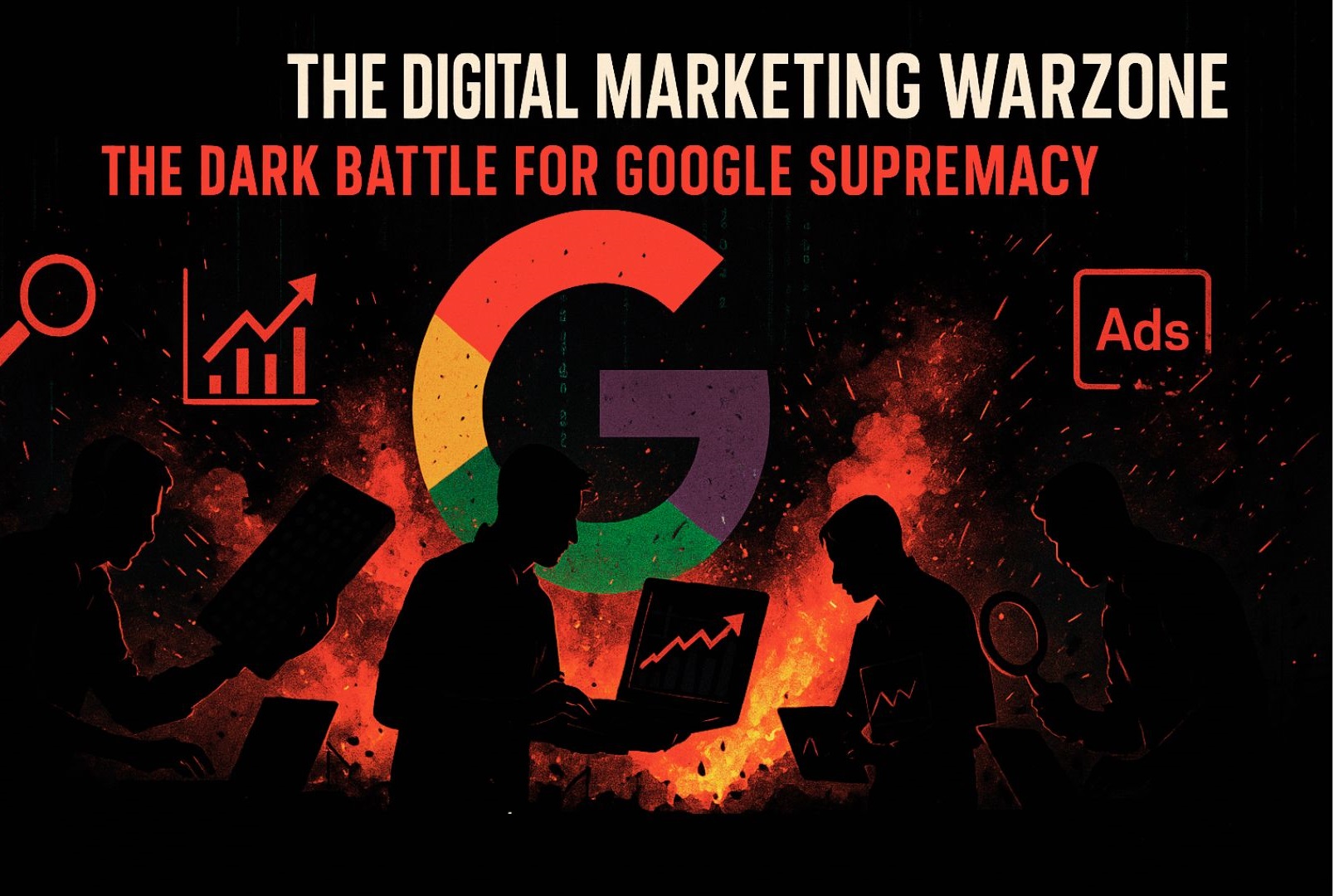A Beginner’s Guide to Search Engine Optimization
If you’ve ever searched for something on Google, you’ve experienced SEO in action — even if you didn’t realize it. Search Engine Optimization, is the practice of improving a website to increase its visibility when people search for products, services, or information in search engines like Google, Bing, or Yahoo.
In simpler terms, it helps your website show up higher in search engine results, bringing in more visitors organically (without paying for ads).
Why is SEO Important?
Every day, billions of searches are made online. People are constantly looking for answers, services, and products. If your website doesn’t appear on the first page of search results, chances are you’re missing out on a lot of potential visitors or customers.
Here’s why SEO matters:
- Increases organic traffic to your website.
- Builds trust and credibility with your audience.
- Provides a better user experience.
- Gives you a competitive edge.
How Does SEO Work?
Search engines like Google use bots (also called crawlers or spiders) to scan the internet and index content. When someone performs a search, the engine uses a complex algorithm to decide which pages are the most relevant and helpful.
- On-Page SEO – Optimizing content, keywords, meta tags, headers, images, and internal links on your website.
- Off-Page SEO – Building backlinks (links from other websites to yours), social signals, and online mentions.
- Technical SEO – Ensuring your site is fast, mobile-friendly, secure (HTTPS), and easy for search engines to crawl and index.
Key Components of SEO
Here are a few critical areas you need to focus on:
- Keywords – The words and phrases people search for. Use them strategically in your content.
- Content – Quality content that answers searcher intent is king.
- Backlinks – Links from other reputable websites signal trust and authority.
- Mobile-friendliness – Most users search on mobile, so your site must look great on small screens.
- Page speed – Faster websites rank better and improve user experience.
- User Experience (UX) – Easy navigation, clean design, and accessible content keep people on your site longer.
Search Engine Optimization is a Long-Term Game
Unlike paid ads, Search Engine Optimization doesn’t deliver instant results. It takes time to build authority and climb the rankings. But once you’re there, the results are long-lasting and cost-effective.
Final Thoughts
It is essential for any website that wants to be found online. Whether you’re running a blog, an e-commerce store, or a local service business, investing in SEO will help you attract more visitors, build credibility, and grow your presence online.
Want to get started? Begin by researching keywords your audience is searching for and creating high-quality content around them.


